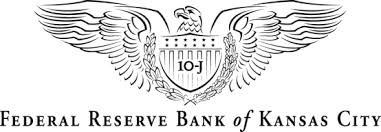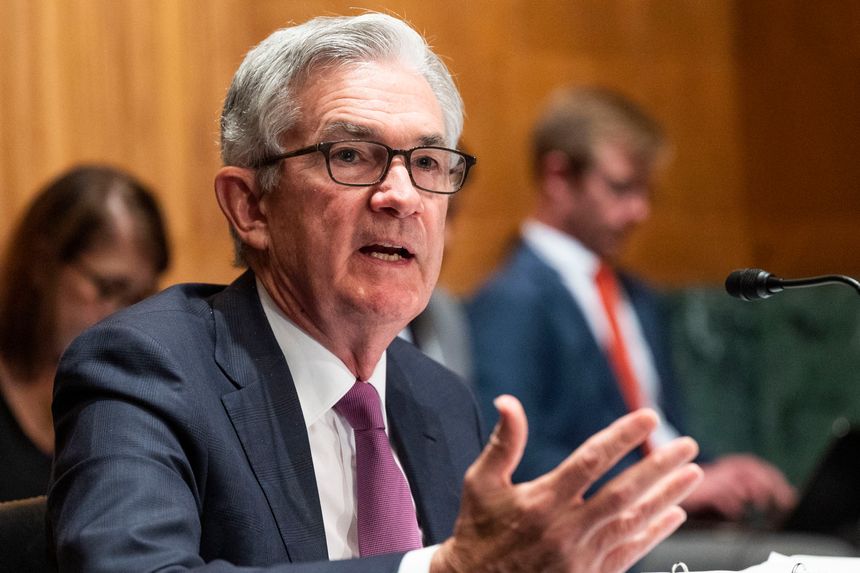
If the US pullout from Afghanistan signalled its disinclination to be the policeman of the world at the cost of its men and money, this year’s Jackson Hole Symposium and Chairman Powell’s address mark a no less strong aversion to being the central banker of the world. That it came in the 50th anniversary month of President Nixon snapping dollar convertibility into gold is particularly apt. This post is an overview of some of the presentations held at Jackson Hole Symposium 2021.
The theme
On 27 August 2021, the Federal Reserve Bank of Kansas City held its annual Jackson Hole Symposium 2021 in the virtual mode for the second consecutive year. Held since 1978, its participants include central bankers, finance ministers, academics, and financial market participants from around the world. The theme of this 45th edition was Macroeconomic Policy in an Uneven Economy. The last three years, it included the words ‘monetary policy’, as in another nine symposiums. This is only the third time the word ‘macroeconomic’ appears, the previous two in 2009 and 2010.
Unlike the Great Recession, the impact of the Covid-19 pandemic was more quick, deep, and global, and uneven across industries, job classes, and regions. This poses unique challenges to policy makers, including central bankers, in calibrating their policy responses. At the same time, it provided a rare opportunity for global research on the impact and constraints of monetary and fiscal policy. This year’s symposium showcased the results of some of this research, and experience in dealing with the unprecedented challenge.
Jerome Powell

In his last year as FED Chairman, Jerome Powell delivered the keynote address focussing on efforts to promote the goals of maximum employment and price stability. He highlighted lessons from history, and a careful study of incoming data and evolving risks, as important to meet the unique challenges.
Powell cited two policy lessons from the 1950s to 1980s. First, he warned against responding to short term disturbances, as monetary policy takes effect with a lag, by when the need for correction would have passed. The second is not to presume that the effect of transitory factors will fade soon. Their lingering effects on inflation expectations could keep core inflation high for long.
Gita Gopinath

Speaking for the International Monetary Fund, Chief Economist Gita Gopinath argued that both monetary and fiscal support were essential for macroeconomic stabilisation and financial stability. Central bank independence and a taboo on direct government financing served their countries well. Independence was, however, vulnerable when faced with credit and market risks. This underlined the need for central banks to purchase and sell assets at market prices.
Gopinath also stressed the importance of sound communication to anchor inflation expectations and avoid impact on smaller economies, widely called taper tantrums. This was also required to allay concerns about fiscal dominance in the context of asset purchases and sales. Related to this was announcing clear triggers, contingent actions, and in doing as signalled. At the same time, there is a need for comprehensive macroprudential regulations across borders, and financial spectrum. Fiscal policies should include structural reforms covering digital and other infrastructure, climate, health, education, and investment to raise growth potential.
Other speakers
Guerrieri et al. found that an expansionary policy and higher inflation would adjust relative wages and encourage mobility and reallocation of resources across sectors. This is necessary when the pandemic had uneven impact on different sectors.
Gourinchas et al. found that though fiscal support was poorly targeted, going to firms which did not need it, it contained rise in SME failures. There were also no cross border spill overs of fiscal support. They suggest that the “global policy mix should pivot away from fiscal support to careful macroprudential and monetary/financial policies, such as monitoring leverage in the private sector and debt restructuring.”
Unusually large risks could amplify, over time, the impact of shocks. Donald Kohn, therefore, urged timely action on risks to financial stability, untrammelled by ‘endless analysis and consensus building.’ He also advised fixing various issues in nonbank and market finance. Regulation also needed to evolve, and become more nimble-footed to deal with ever-changing challenges in a transparent and accountable manner.
Hobijn and Sahin concluded that the FOMC should continue to look at the wide range of indicators and issues required to assess the room for monetary policy to achieve maximum employment.
Kristin Forbes
Kristin Forbes spoke on unwinding monetary stimulus in an uneven economy. When and how to roll back the stimulus has been the subject of much debate, with concerns regarding taper tantrums. This involves prioritising interest rate hikes as compared to unwinding asset purchases. The former is nimble, easier, and leaves room for responding to future recessions.
The latter targets specific sectors, an important consideration when the pandemic impact has been uneven. It also reduces costs when interest rates increase in the future. It also distances central banks from government by messaging that quantitative easing was not about financing budget deficits. Moreover, the finding that sectors supported by asset purchases recovered faster justifies an early rollback of such support. Those depending on short term policy rates would require longer support. The risk that the latter strategy could impact financial markets makes clear communication of policy rollout a necessity.
Maurice Obstfeld
Unevenness in vaccine access, fiscal leeway, and taper tantrum, will in turn aggravate the uneven global impact and rebound. In this context, Maurice Obstfeld called for, among other things, revamping the sovereign debt restuucturing framework.
Conclusion
Powell had concluded his address at the Jackson Hole Symposium 2021 on the positive note of ‘high levels of employment and participation, broadly shared wage gains, and inflation running close to (the FED’s) price stability goal’. Whether the rest of the world will share this happy prognosis is not clear as of now. In the meantime, the symposium provides clear policy lessons. Hopefully, the word macroeconomic will not appear in the the theme at the next year’s Jackson Hole Symposium.
© G. Sreekumar 2021.
For periodical updates on all my blog posts, subscribe for free at the link below:
https://gsreekumar.substack.com/
![]()
Dear Sreekumar,
that was a succinct summary of the presentations at the high-table. A notable omission however from the highlights was the ECB President. Did Ms. Lagarde miss Jackson Hole 2021?
Thank you.
Thanks Subbu. Lagarde did not speak in 2021. She was not there in 2020 either. In 2020, there was Bailey from Bank of England, Shanmugaratnam from Monetary Authority of Singapore, and Macklem from Bank of Canada. There was also Philip Lane, former Governor of Central Bank of Ireland, representing ECB as its Chief Economist and Memeber of the Executive Board of the ECB. This year there was no one from outside the US or a US University (Gita Gopinath from IMF was an exception in a sense, but still from the US) even though both 2020 and 2021 Symposiums were held online. Is it because 2021 was scheduled to be at Jackson Hole, but changed to online in the last minute? I don’t know. That explains my first sentence.